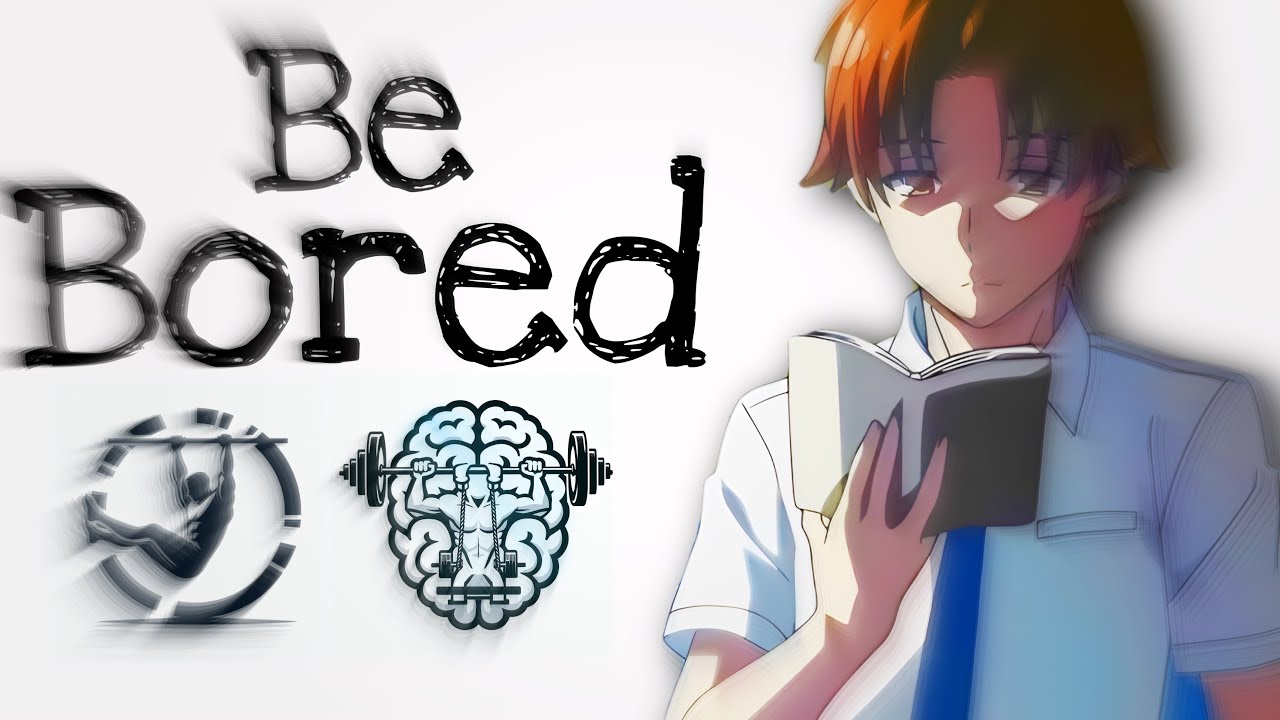4 Rules to Help Increase Your Productivity
Summary
TLDRThis video script emphasizes understanding human behavior to enhance productivity, debunking the myth of effortless work. It introduces four key rules: planning for delays, processing similar tasks together, increasing uninterrupted work hours, and tackling difficult tasks promptly. The speaker shares personal experiences and practical advice to help viewers not just feel productive but achieve actual productivity, while also discussing the importance of managing expectations and mental health in the process.
Takeaways
- 📅 Plan for projects to take longer than expected to account for the unplannable and to manage expectations effectively.
- 🔍 Understand that productivity is not constant; it fluctuates with periods of high and low output due to various factors.
- 🛠️ Apply a buffer to project timelines by doubling the estimated time to complete tasks, which can improve mental health and reduce stress.
- 🔁 Batch similar tasks together to enhance focus and efficiency, rather than rapidly switching between different types of tasks.
- 📉 Recognize that multitasking often leads to a false sense of productivity and can splinter attention, reducing the quality of work.
- 📝 Categorize weekly tasks into communication, creation, and maintenance to streamline workflow and energy conservation.
- 🚫 Minimize interruptions to maximize uninterrupted work hours, which are crucial for deep work and maintaining productivity.
- 🏠 Be aware of the impact of the work environment, including open office plans and home distractions, on productivity levels.
- 🔍 Prioritize difficult tasks and conversations to alleviate the mental burden and free up creativity and focus for other projects.
- 🗓️ Schedule difficult tasks at the beginning of the week to clear mental space and make room for more productive work later in the week.
- 🤔 Reflect on personal productivity patterns and adjust strategies accordingly, whether that means slowing down or increasing effort.
Q & A
What is the main focus of the video script?
-The main focus of the video script is to share four rules for productivity that can help reshape work habits and ensure actual productivity rather than just the feeling of being productive.
Why does the speaker suggest planning for things to take longer than expected?
-The speaker suggests planning for things to take longer because productivity ebbs and flows, and there are many unexpected events in life that can disrupt schedules. It's also because people are generally bad at estimating how long tasks will take.
What is the recommended approach to manage expectations when working with clients?
-The recommended approach is to double the amount of time you think a project will take. This helps in managing client expectations and reduces the need to push back deadlines multiple times.
How does the speaker define 'process similar tasks at the same time'?
-The speaker defines 'process similar tasks at the same time' as batching tasks that require similar types of energy or focus together, which can increase efficiency and reduce the splintering of attention caused by rapid task switching.
Why is it beneficial to process similar tasks together?
-Processing similar tasks together is beneficial because it allows the mind to warm up and become more efficient at a particular type of task, leading to better focus and productivity.
What is the issue with rapid task switching according to the script?
-Rapid task switching can make one feel productive without actually being so, as it splinters attention and reduces the focus on individual projects, leading to less actual work being done.
How does the speaker describe the impact of interruptions on productivity?
-The speaker describes interruptions as a significant hindrance to productivity, especially when working from home with roommates or partners, as they can prevent one from entering a state of deep work.
What is the importance of uninterrupted work hours?
-Uninterrupted work hours are important because they allow for deep work, which is more productive and allows for better focus and completion of tasks without constant distractions.
What is the fourth rule for productivity mentioned in the script?
-The fourth rule for productivity mentioned is not to put off the most difficult tasks, especially those that are burdensome and weigh on one's mind, as they can affect creativity and focus.
Why should difficult tasks not be postponed according to the script?
-Difficult tasks should not be postponed because they tend to build up and intrude on other projects and thoughts, affecting overall productivity and creativity. Addressing them promptly can release mental pressure and improve focus.
What is the speaker's view on the idea of having a perfect productivity system?
-The speaker is skeptical about the idea of having a perfect productivity system, stating that even those who claim to have it all figured out are likely not being truthful, as there will always be periods of less productivity.
How does the speaker suggest determining whether to slow down or increase productivity?
-The speaker suggests paying attention to one's feelings and planning moments of stillness for reflection to determine if one needs to slow down and take a break or if it's time to increase productivity due to prolonged procrastination.
Outlines

This section is available to paid users only. Please upgrade to access this part.
Upgrade NowMindmap

This section is available to paid users only. Please upgrade to access this part.
Upgrade NowKeywords

This section is available to paid users only. Please upgrade to access this part.
Upgrade NowHighlights

This section is available to paid users only. Please upgrade to access this part.
Upgrade NowTranscripts

This section is available to paid users only. Please upgrade to access this part.
Upgrade NowBrowse More Related Video

O CÉREBRO E AS EMOÇÕES | EP. 26

How to Force Brain to do Hard Things

How to embrace emotions at work | The Way We Work, a TED series

The Human Relations Movement: Definition and Significance to Organizational Behavior

Know Your Chronotype. It'll Change Your Life.

Psikologi Harus Mempelajari Mitos/Hantu/Klenik/Folklor, Mengapa?
5.0 / 5 (0 votes)